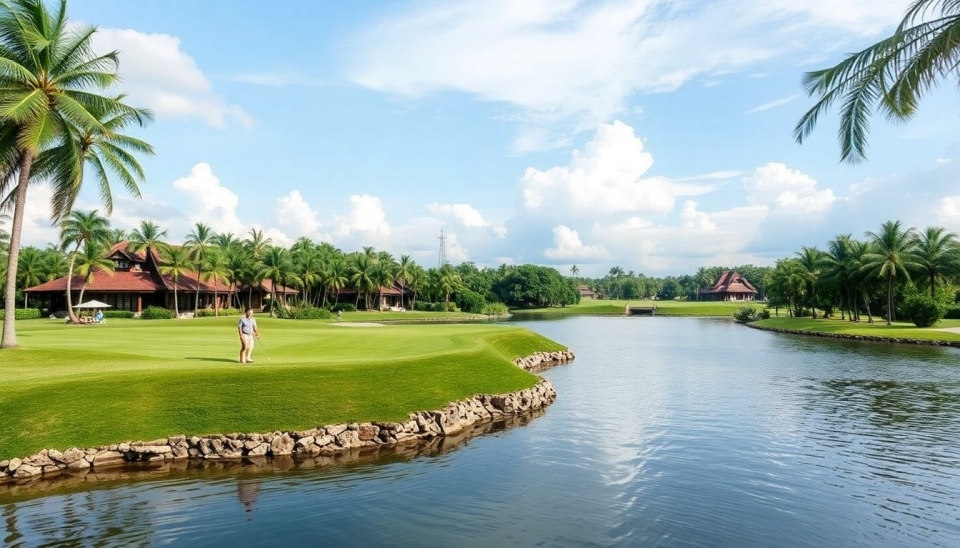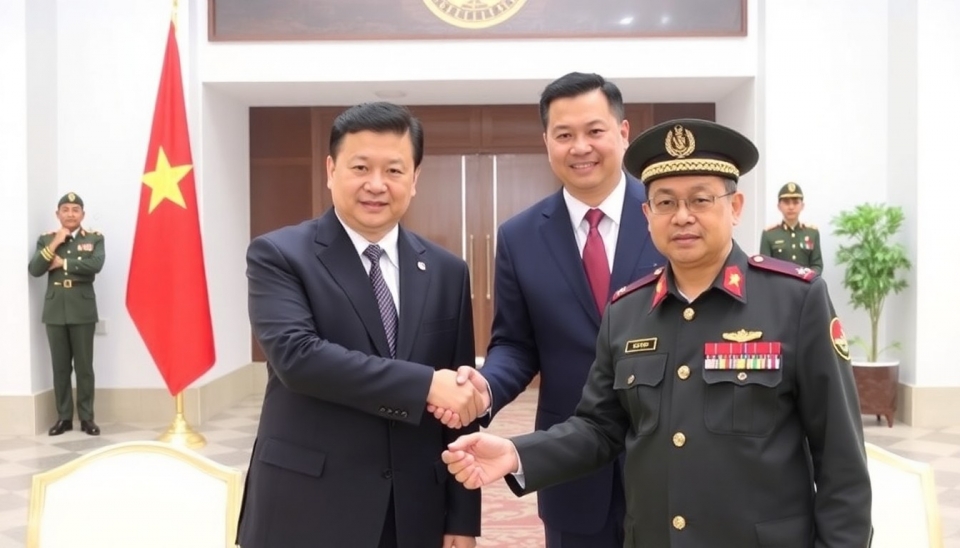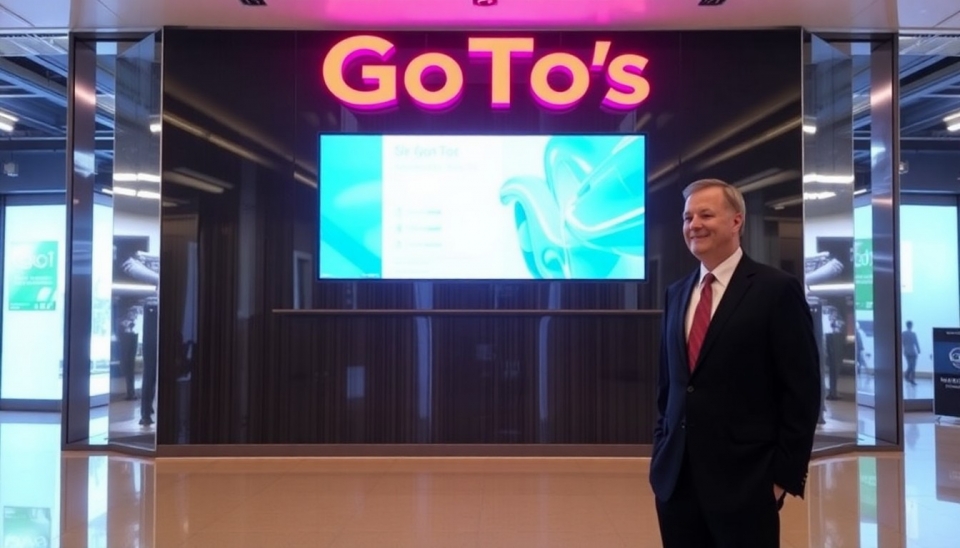
In a surprising turn of events, Indonesian authorities have decided to halt all ongoing work at a special economic zone designed to host a luxury golf course associated with former U.S. President Donald Trump. This decision has significant implications for both the local economy and international relations, coming amid a backdrop of political and environmental concerns.
The special zone, located on the picturesque island of Bali, was envisioned as a premium destination catering to affluent tourists while promising to create thousands of jobs for local residents. State-run entities at the helm of the project intended for this space to house Trump’s prestigious golf course, capitalizing on Trump's brand to attract wealthy visitors.
Details surrounding the suspension of work are still emerging. The Indonesian government cited a range of concerns, including regulatory compliance issues and the broader context of evolving financial conditions in the region. While some interpret this move as a response to growing public scrutiny and opposition to the project, the official line asserts that it stems from a commitment to ensuring the highest standards of development.
This pause in development reflects a more comprehensive evaluation of the environmental impact the golf course may have on the surrounding ecosystem, a subject that has sparked considerable debate. Environmental activists in Indonesia have long been vocal about the potential risks associated with large-scale development projects, emphasizing the need to prioritize the preservation of natural habitats over commercial gains.
Furthermore, there are rising concerns about the local community's rights and the ecological footprint of such a high-profile investment. Activists argue that the project may not align with sustainable tourism practices, which are increasingly crucial in a region known for its stunning natural beauty and biodiversity.
Although the halt has created uncertainty, local officials maintain that they are committed to revamping the approach to the project. They emphasize the importance of transparency and seeking input from a broader array of stakeholders, including the local populace and environmental groups, to reassess the project's viability.
As relations between Indonesia and the U.S. fluctuate, particularly in the context of investments tied to a former president, the decision to pause the Trump golf course initiative could have wider diplomatic ramifications. Indonesia's move may reflect a calculated effort to navigate the complexities of international business relations while maintaining a focus on national interests.
The future of the Trump golf course remains in limbo as stakeholders await further updates from Indonesian authorities. The project, intended to boost tourism and generate economic growth, now faces an uncertain fate, illustrating the intricate balance between development and sustainability in a rapidly changing global landscape.
In summary, the halt at the special economic zone hosting the Trump golf course underscores the challenges that accompany high-profile investment projects in Indonesia, highlighting the pressing need for balancing economic aspirations with environmental conservation and community involvement.
#Indonesia #TrumpGolfCourse #Bali #Economy #Tourism #EnvironmentalConcerns #Sustainability #InternationalRelations #EconomicZone
Author: John Miller




